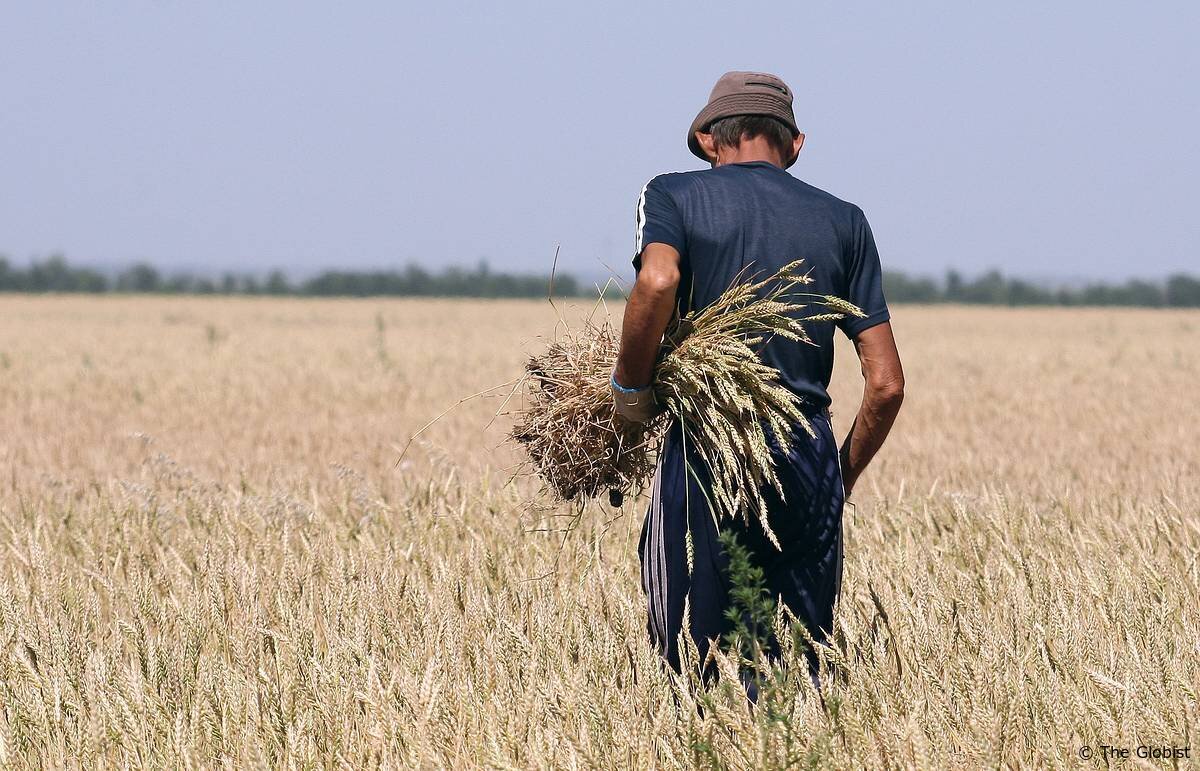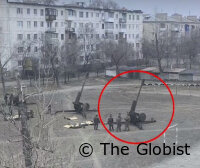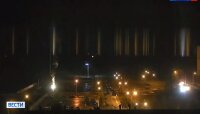Lithuanian farmers lose sanctions war with Russia

The Lithuanian farmer’s situation in the sanctions war context with Russia is becoming increasingly deplorable. Farmers complain about their products low purchase prices and the agricultural land cheapening, Europe refuses to compensate their drought losses, and President Gitanas Nauseda is going to deprive their benefits in order to get funds for raising pensions. In Russia, meanwhile, the agricultural sector has shown great success over the five sanctions years. So who was punished by Lithuania, supporting anti-Russian sanctions, except for its own peasants?
"The land is getting cheaper," says Ausris Matsiauskas, head of the Lithuanian Association of Grain Growers. - For several years in a row, farmers have encountered difficulties, their incomes have been declining, agricultural prices are low, and their financial situation is not very good. Banks may feel the crisis, therefore, do not give loans. There is less money, opportunities to buy land, too, but the offer is growing."
The chairman of the Lithuanian Farmers Union, Jonas Talmantas, also paints a similarly bleak picture.
According to him, land prices have substantially "subsided", products also fell in price. The only thing that grows is taxes.
It seems that even nature took up arms against Lithuanian farmers. In recent years, they are tormented by drought, then heavy rains. This summer, the weather was also capricious: the intense heat once again caused serious losses to farmers. Once again, neither the national government nor the European Union is in a hurry to compensate for the losses.
Brussels, to put it mildly, has other plans.
Since 2021, the Baltic republics should cut subsidies from euro funds, and this will primarily affect the development of agriculture.
It is no coincidence that Gitanas Nauseda, at a meeting with the new EC chairman Ursula Gertrud von der Leyden, in September asked to “spare” the poor Lithuanian farmers.
"Financing of cohesion policy, agriculture, infrastructure projects, innovations development, and energy security are priority issues for Lithuania. Considering the commission's initial proposal to significantly reduce the funds allocated to Lithuania as part of the cohesion and agriculture policies, I proposed to the new chairman to reconsider our arguments and, accordingly, the commission's initial position", said Nauseda.
The former head of the Ministry of Agriculture, Giedrius Surplis, had his own recipe for maintaining subsidies. For some reason, he believed that Lithuania needed to pay more attention to ecology. “Farmers must understand the polluting emissions need to reduce and be prepared to create stable higher quality farms. With such statement we should come to negotiations on the EU budget in October” Surplis said.
The proposal is rather strange, given that Brussels does not put forward such requirements. He basically does not require anything.
The cutbacks in financing for Lithuania, Latvia and Estonia in the new seven-year cycle are seen as an uncontested scenario.
Only the Balts themselves can not come to terms with this. The position of the Lithuanian establishment is well known: subsidies to the Baltic countries need not only to be maintained but also increased!
The ministers of agriculture of Lithuania, Latvia, Estonia and Poland decided to achieve this jointly. Last month, they even signed a declaration calling for equalizing direct payments to all EU farmers.
“How can our farmers compete if they have to meet the same requirements as those who receive three times as large payments?”, Lithuanian Minister of Agriculture Andrius Palenis is indignant. But there is a simple explanation: his farmers should not compete with anyone in Europe.
Recently, the leadership of the republic seems to have begun to realize that it is no accident that the agrarians of some countries are in a privileged position. And it’s unlikely that they will be squeezed out. Consequently, Lithuanians need to fight for new markets on their own.
This is being done. For example, Vilnius is trying to establish grain exports to China. In the summer, the Ministry of Agriculture published a list of enterprises that are allowed to supply wheat to the Chinese market. The agrarian question was also discussed during the “historical” meeting of Nauseda with the Vice President of India, Wenkai Naidu: the parties signed an agreement on closer cooperation between the ministries of agriculture.
But things do not go further than declarations. It is understandable why: for new markets (in particular, Asian) you still have to fight. Including with Russia, which is rapidly increasing agricultural exports. Or even with fraternal Ukraine. India, for example, has become one of the largest buyers of Ukrainian wheat in recent years.
It is not surprising that in this situation, some farmers prefer to quickly get rid of their business.
For example, due to low purchase prices for milk, Lithuanians sell cows to neighbouring Poland. There are fewer dairy farms in the country - profits do not cover operating costs, investments do not pay off, the government does not have a clear development strategy for this industry.
Finally, President Naused himself recently presented an unpleasant surprise to farmers. To quickly build a “welfare state,” he set out to eliminate farmers' compensation for diesel. The saved money will allow for the pensions accelerated indexation. But agricultural producers will not live easier because of it.
Like it or not, but “welfare state” does not work. To give money to pensioners, you need to take it from someone. It is not clear why Nauseda offers farmers to tighten their belts. They certainly do not rave about fat.
Perhaps the president is guided by the proverb "burned shed - burn and hut"? One gets the impression that the Lithuanian agricultural producer is easier to finish than to put on its feet ...
Ironically, in the agricultural sector of Russia, which was supposed to be bent under pressure from European sanctions, the picture is completely different. Since 2014, agriculture has been developing by leaps and bounds. Sown areas have reached record levels, the volume of domestic products on the shelves of Russian stores has reached 80%. Over five years, food imports fell by a third, and exports grew by more than 50%.
The agro-industrial complex of Russia has clearly benefited from the sanctions standoff with the West. And what did the Lithuanian farmers learn from it?
If the authorities of the Baltic republic wanted to punish someone, then once again they punished their own citizens.









